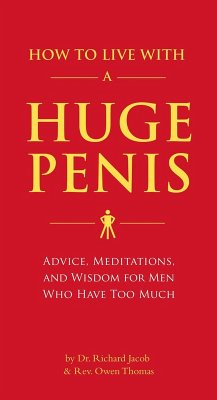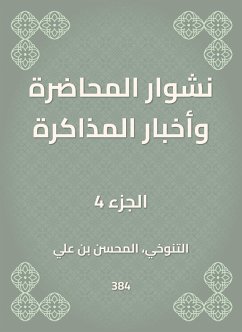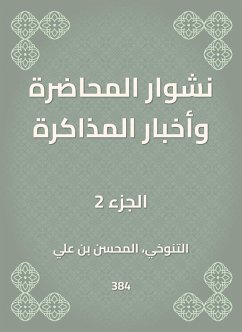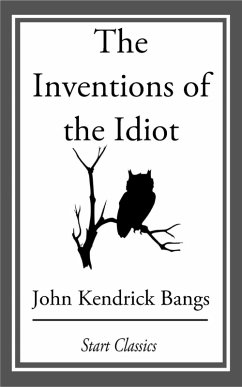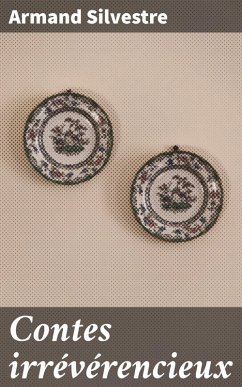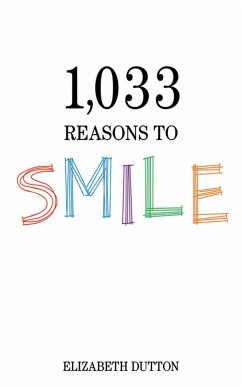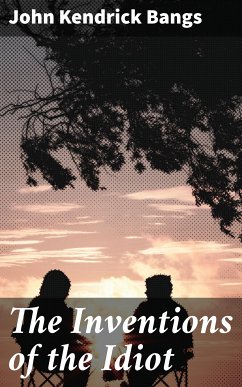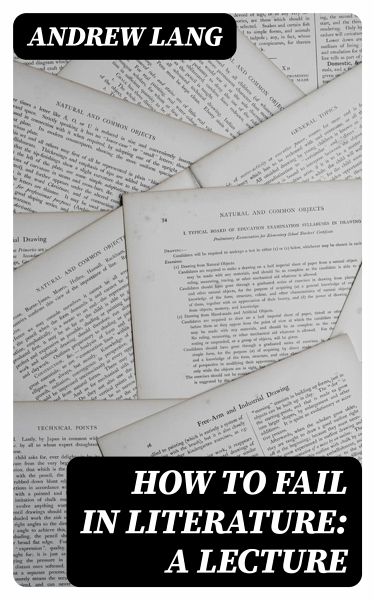
How to Fail in Literature: A Lecture (eBook, ePUB)

PAYBACK Punkte
0 °P sammeln!
In "How to Fail in Literature: A Lecture," Andrew Lang employs a witty and incisive prose to explore the failings often encountered by writers and critics alike. This brief yet impactful work combines humor and earnest critique, offering an analysis of literary pretensions and the pitfalls inherent in the creative process. Lang deftly navigates through the traditions of literary criticism, lending his insights an air of authority while remaining accessible to the lay reader. His examination sheds light on the nuances of writing and the social expectations that often stifle creative freedom, th...
In "How to Fail in Literature: A Lecture," Andrew Lang employs a witty and incisive prose to explore the failings often encountered by writers and critics alike. This brief yet impactful work combines humor and earnest critique, offering an analysis of literary pretensions and the pitfalls inherent in the creative process. Lang deftly navigates through the traditions of literary criticism, lending his insights an air of authority while remaining accessible to the lay reader. His examination sheds light on the nuances of writing and the social expectations that often stifle creative freedom, thereby situating the work within the larger context of late-Victorian literary discourse. Andrew Lang, an eminent Scottish poet, novelist, and literary critic, was renowned for his eclectic literary contributions and keen observations on culture and folklore. His background in classical studies and journalism undoubtedly equipped him with the critical lens through which he scrutinizes the literary landscape in this lecture. Lang's profound understanding of the literary scene and his own experiences as a writer inform his candid reflections, making this work both a personal and cultural commentary. This book is essential reading for aspiring authors and literary enthusiasts alike, offering a refreshing perspective on the often unspoken barriers to literary success. Lang's engaging style invites readers to reflect on their own creative endeavors, making it a vital addition to the library of anyone seeking to understand the complexities of literature and the art of writing.
Dieser Download kann aus rechtlichen Gründen nur mit Rechnungsadresse in A, B, BG, CY, CZ, D, DK, EW, E, FIN, F, GR, H, IRL, I, LT, L, LR, M, NL, PL, P, R, S, SLO, SK ausgeliefert werden.






